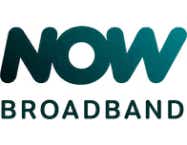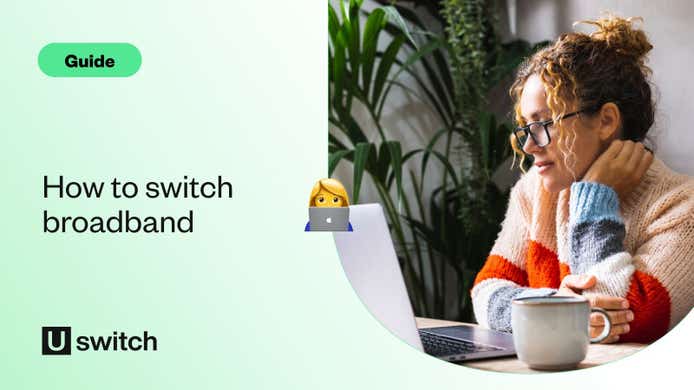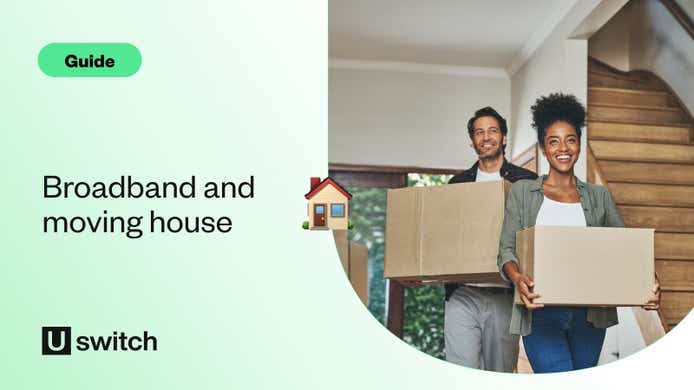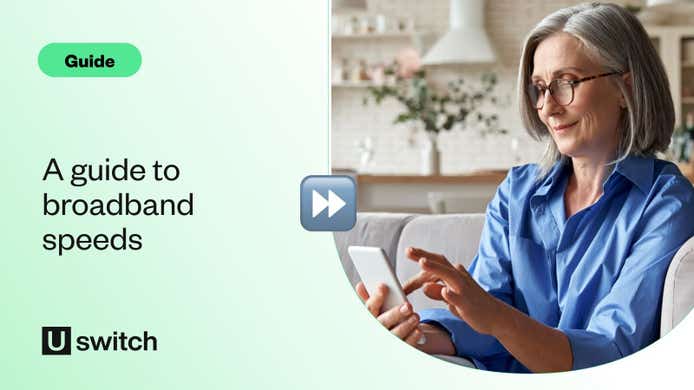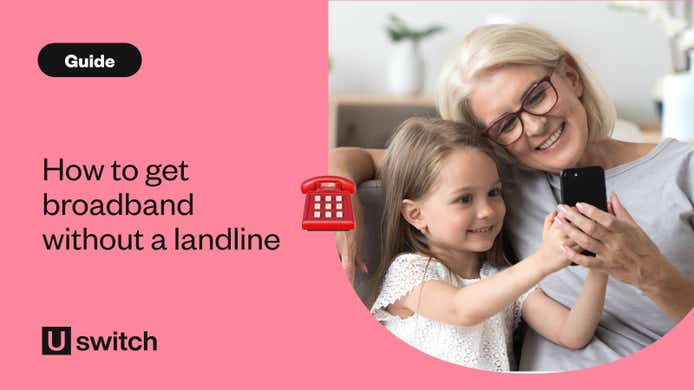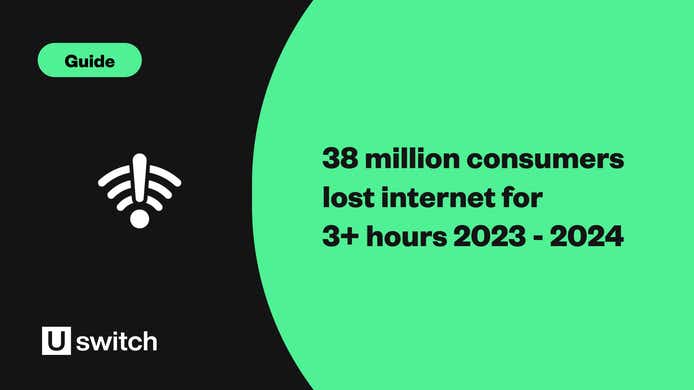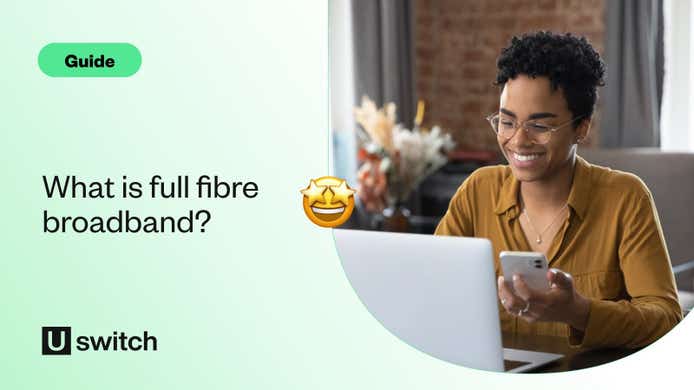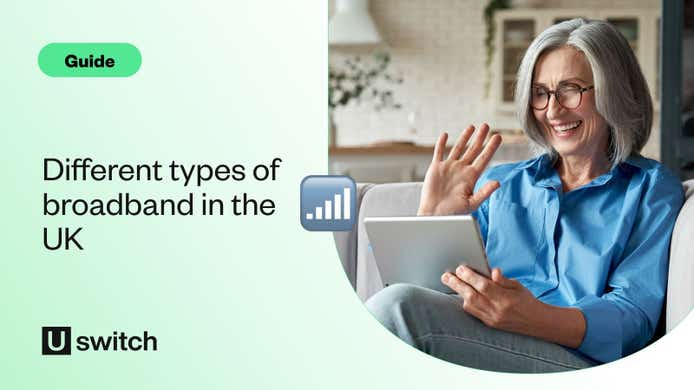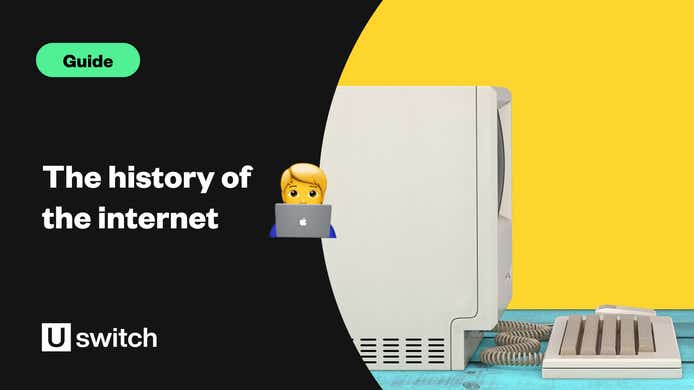What to consider when searching for broadband deals
The right broadband deal for you isn't always the cheapest, fastest, or one with the most extras. It's the deal best suited to you, your household and what you use the internet for.
By comparing different offers and providers, you can find a broadband deal that matches your needs at a price you're happy with.
Here's what to think about when looking for your ideal broadband offer:
Are you out of contract?
If your contract has already ended, you're likely paying more each month than you need to. But since it means you can get a new deal immediately, it could be the perfect time to find a better broadband plan.
What’s your budget?
Comparing a range of broadband deals is the best way to find the right deal that matches your budget. Your current provider may offer some good-value plans to re-contract, but if you want to find the best value for your money, you should also browse elsewhere.
Do you want a faster broadband speed?
Faster fibre connections are becoming more available, sometimes for similar prices to what you might already be paying. So, if you've been struggling with slow broadband speeds, it's worth seeing if faster deals are accessible in your area.
Do you watch pay TV?
If you're currently using a pay TV service with Sky, BT, or Virgin, it may work out at a better rate to bundle your broadband service with them, too. If you're paying separate providers, see how much your current total monthly cost is and compare it to the TV and broadband bundles on offer from those providers.
How important is customer service to you?
Some providers are considered to have better broadband customer service than others. And some will offer more ways to strengthen your broadband connection, either with whole-home guarantees or Wi-Fi boosters. Check what each provider offers outside of the speed and price.
Are you moving home?
If you're moving, search with your new address to see if you can continue your current broadband plan. When you search, select the 'I'm moving to this address' option in the drop-down list.
Keep in mind that if your current broadband service isn't available at your new home and you need to sign up for a new deal, you may need to pay some early exit fees.















